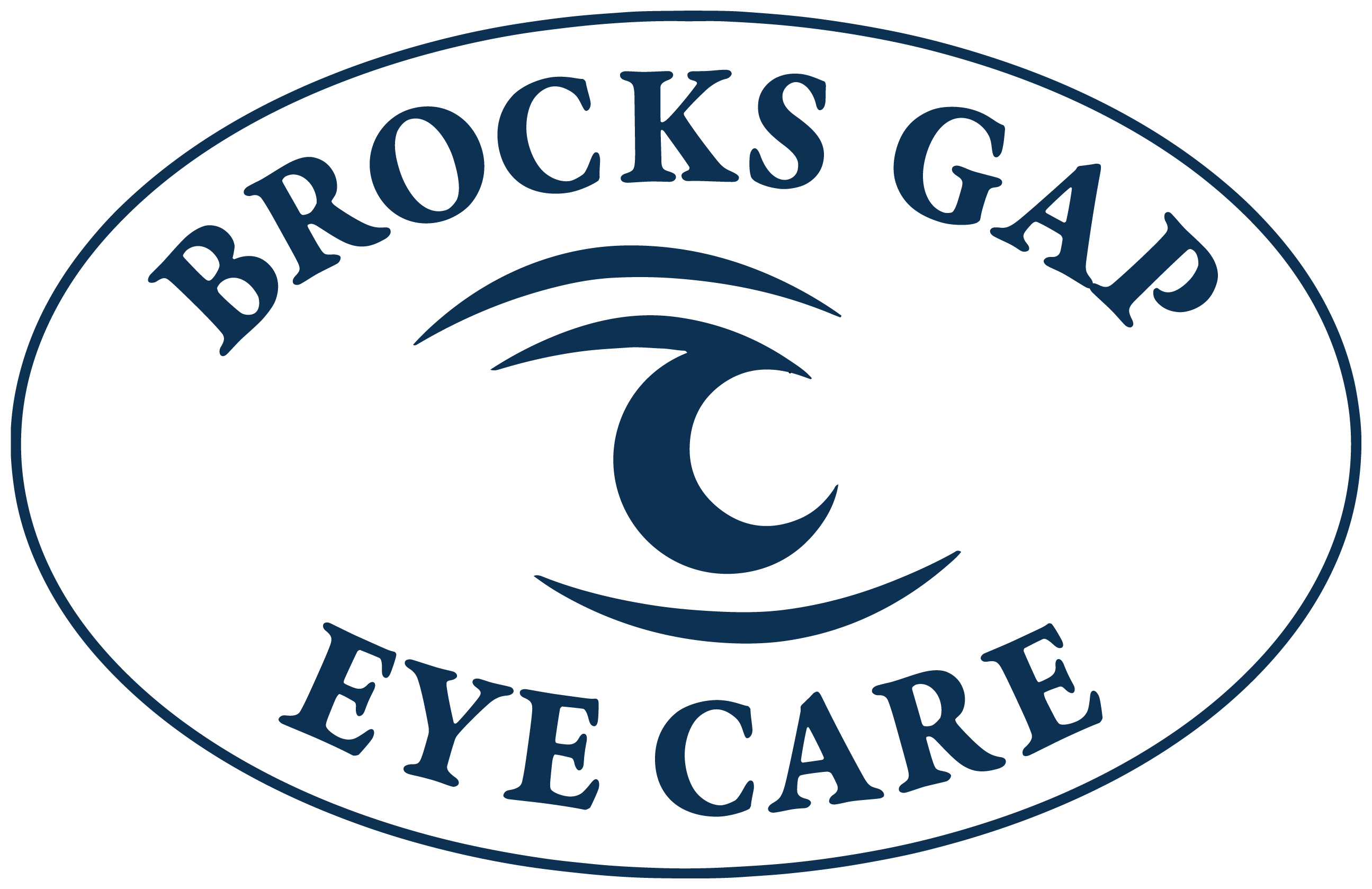Best Practices for Contact Lens Care and Common Mistakes to Avoid
- Inverness Eye Team
- Apr 21, 2023
- 2 min read
Although contact lenses are a practical and efficient solution to repair vision issues, they must be handled carefully to prevent consequences like eye infections. In this blog post, we'll look at the best contact lens cleaning techniques as well as common mistakes to avoid.
Wash your hands frequently
It's crucial to properly wash your hands with soap and water before handling your contact lenses. By doing this, you'll be able to stop bacteria and other hazardous elements from getting into your eyes.
Purify and Maintain Your Lenses Properly
Maintaining the integrity of your contact lenses and avoiding infections need regular cleaning and storage. The following advice will help you store and clean your lenses:
To clean and store your lenses, only use brand-new, sterile solution.
Follow the instructions on your solution carefully, including how long to soak your lenses and how often to change the solution.
Avoid using tap water or saliva to clean your lenses, as these substances can contain harmful bacteria.
Never refill your case with used solution or top it off without first getting rid of it.
Obtain new lenses. As per the Schedule
Because contact lenses have a limited lifespan, it's crucial to replace them as directed by your optometrist. The use of expired lenses might cause eye infections and other problems.
Avoid Sleeping in Your Lenses
It's a common mistake that might have major repercussions to sleep with your contact lenses in. When you sleep in your lenses, your eyes are deprived of oxygen, which can lead to corneal swelling and even infections. Always remove your lenses before going to bed, and follow the instructions for wearing and replacing them.
Do not swim with your lenses in
Swimming in your contact lenses is another common mistake that can lead to serious eye infections. Water, especially in swimming pools and hot tubs, can contain harmful bacteria and other microorganisms that can adhere to your lenses and cause infections. Avoid wearing your contact lenses while swimming, or wear waterproof goggles to protect your eyes.
Follow Your Optometrist's Instructions
Your optometrist can provide specific instructions for caring for your contact lenses based on your individual needs and preferences. It's crucial that you carefully follow these directions and let your optometrist know if you have any questions or concerns.
In conclusion, caring for your contact lenses requires proper hygiene, cleaning and storage practices, regular replacement, and following your optometrist's instructions. By avoiding common mistakes and following these best practices, you can enjoy clear vision and healthy eyes.



Comments